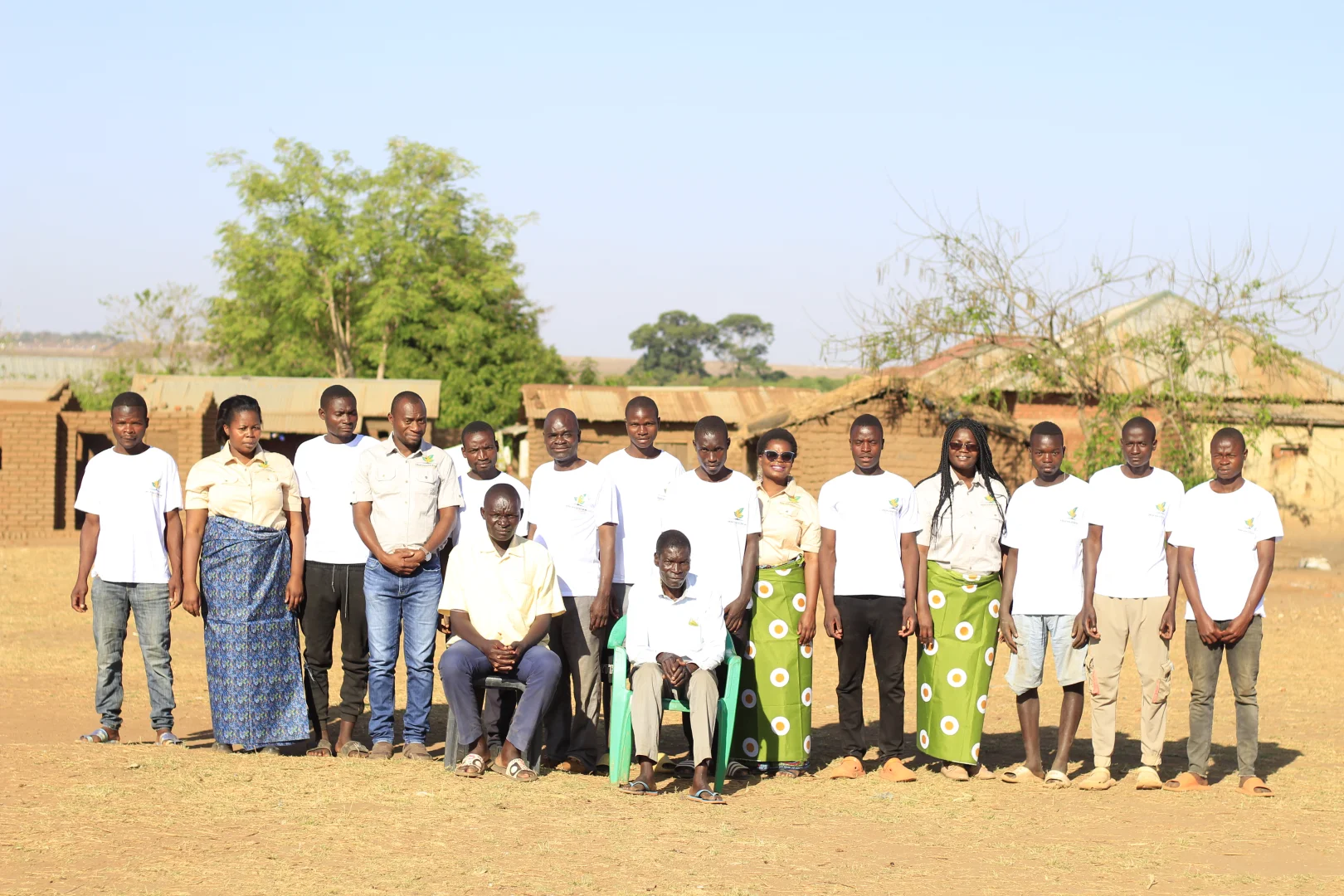
Our Story
Background of HarvestGlow
HarvestGlow is a social enterprise established in 2022 by Agronomists passionate about transforming smallholder agriculture in Malawi. The initiative was born out of a shared vision to empower rural farmers through access to affordable, high-quality agricultural inputs and practical agronomic support.
From its inception, HarvestGlow has focused on addressing key barriers faced by smallholder farmers such as limited access to certified seed, fertilizers, and technical knowledge by offering sustainable, inclusive, and locally driven solutions. The enterprise operates with a strong social mission to improve productivity, food security, and rural livelihoods while promoting climate-smart and youth-inclusive agricultural practices.
Over time, HarvestGlow has evolved from a small farmer-support initiative into a growing agri-social enterprise that integrates innovation, capacity building, and market linkages to drive impact across farming communities in Malawi.
Our Vision
A Malawi where farmers, regardless of gender or age, thrive as seed multipliers, agri-entrepreneurs, and community leaders, creating food-secure, dignified, and self-sustaining rural economies.
Our Mission
To empower smallholder farmers by improving access to certified seeds, strengthening financial inclusion, and promoting value addition, thereby creating resilient, equitable, and community-owned agricultural systems.
Our Core Values
These principles guide our work and shape our approach to agricultural transformation.
Equity
Ensuring fair access to resources and opportunities for all farmers, especially women and youth.
Sustainability
Promoting practices that meet present needs without compromising future generations.
Innovation
Finding creative solutions to agricultural challenges through technology and local knowledge.
Resilience
Building capacity to withstand and recover from climate shocks and market fluctuations.
Collaboration
Working together with farmers, partners, and stakeholders to achieve shared goals.
Context and the Problem
Malawi's smallholder farmers face chronic challenges. Over 70% recycle seeds annually, producing yields of only 1–2 tons/ha compared to 4–5 tons/ha with improved varieties.
Government subsidies totaling over $100M per year often reinforce dependency rather than build local capacity. Women, who provide 70% of farm labor, own less than 15% of land, limiting their economic agency.
Limited processing infrastructure further reduces market access, with value addition remaining below 10% in the agricultural sector. Climate shocks exacerbate vulnerabilities, reducing productivity and incomes.
Key Challenges
- Low productivity due to recycled seeds
- Limited access to finance for farmers
- Gender inequality in land ownership
- Minimal value addition to raw products
- Vulnerability to climate change
Our Solutions
- Community-owned seed systems
- Village Savings & Loans groups
- Women-led agricultural enterprises
- Small-scale processing units
- Climate-smart training programs
Our Theory of Change
How our integrated approach creates lasting impact for farmers and communities.
Inputs
- Certified seeds and training
- VSL formation and support
- Processing equipment
- Climate-smart agriculture techniques
Outputs
- Increased seed adoption
- Functional savings groups
- Operational processing units
- Trained farmers using climate-smart practices
Outcomes
- Higher crop yields
- Increased household savings
- Value-added products in markets
- Greater climate resilience
Impact
- 40% increase in household income
- Improved food security
- Greater gender equity
- Sustainable, resilient communities
5-Year Growth Plan
Our roadmap for scaling impact and achieving sustainability.
Year 1
- Engage with 100,000 farmers
- Establish 20 VSL groups
- Set up 5 processing units
- Develop training curriculum
- Build initial partnerships
Years 2-3
- Scale to 250,000 farmers
- Establish regional seed cooperatives
- Expand processing capacity
- Develop market linkages
- Achieve operational break-even
Years 4-5
- Expand to 600,000+ farmers
- Develop sustainable farmer-owned cooperatives
- Achieve 70% self-financed operations
- Establish regional distribution networks
- Document model for replication
